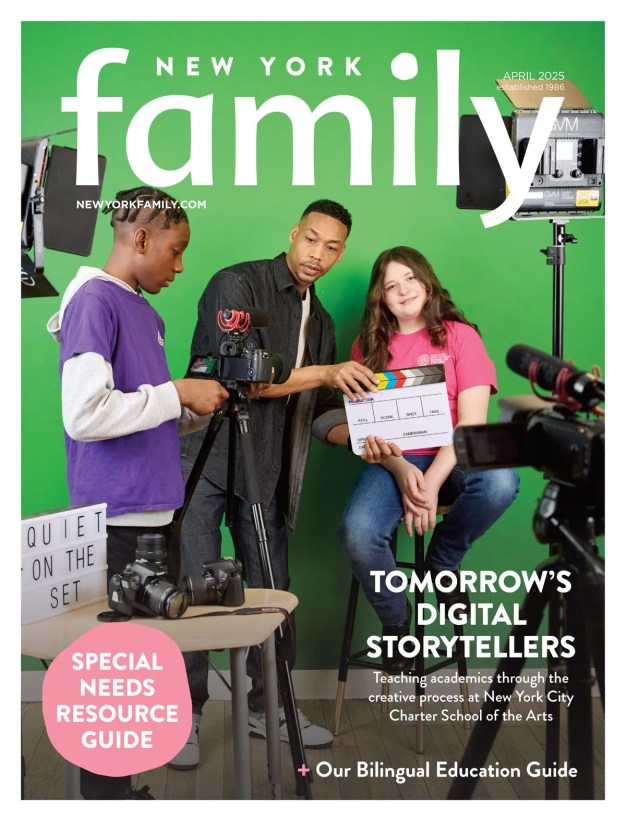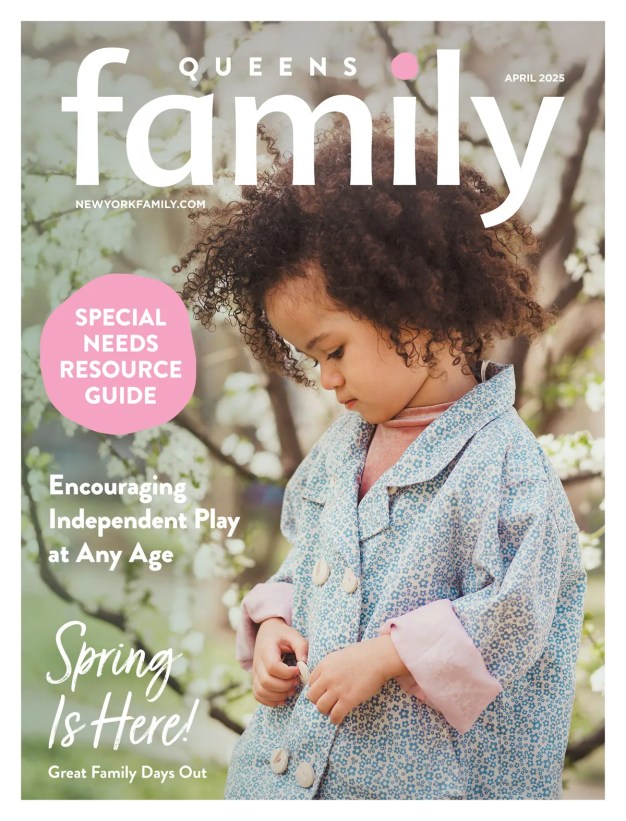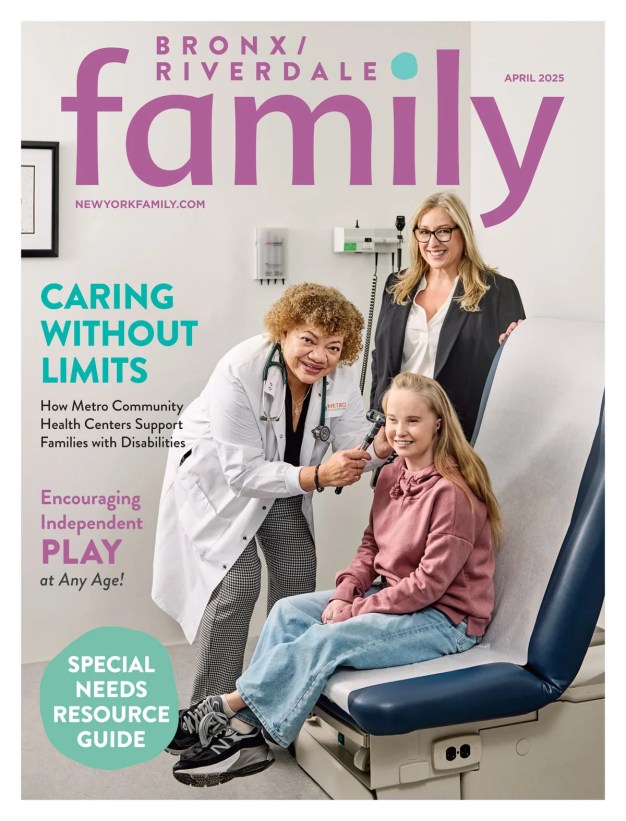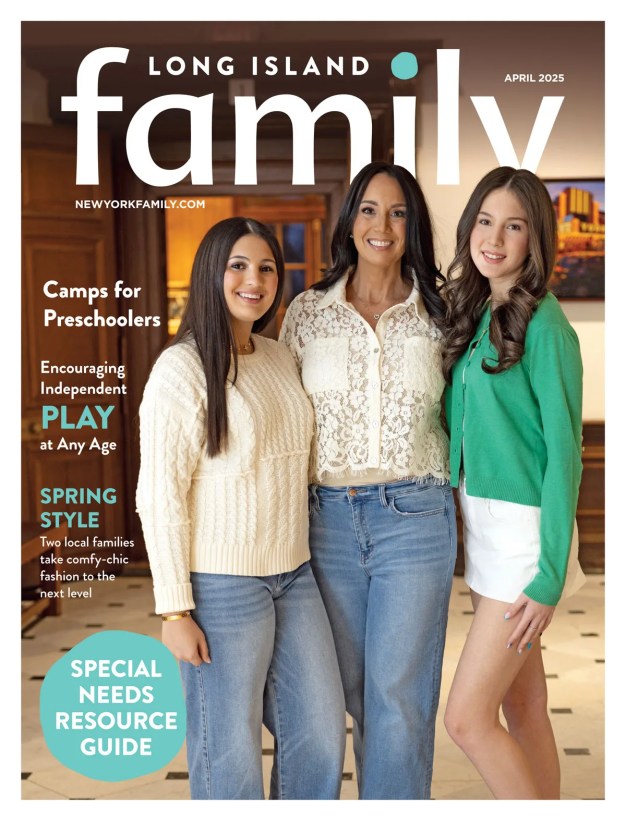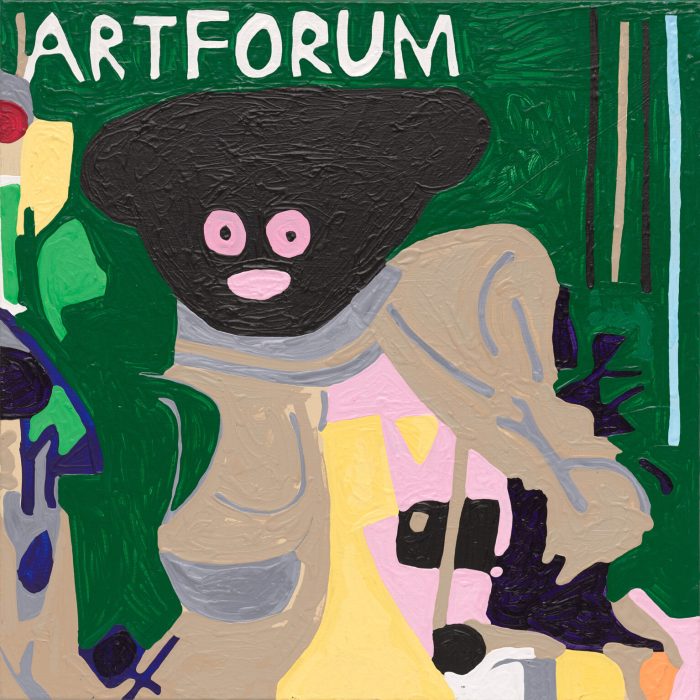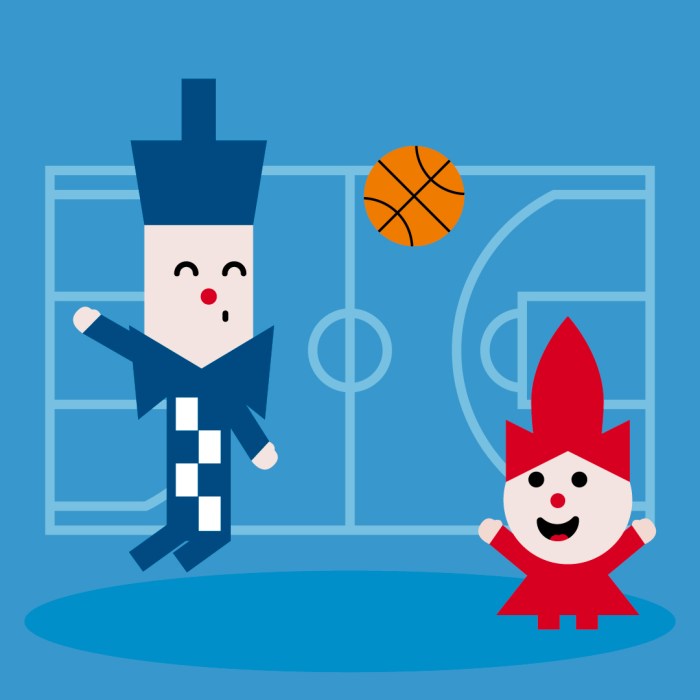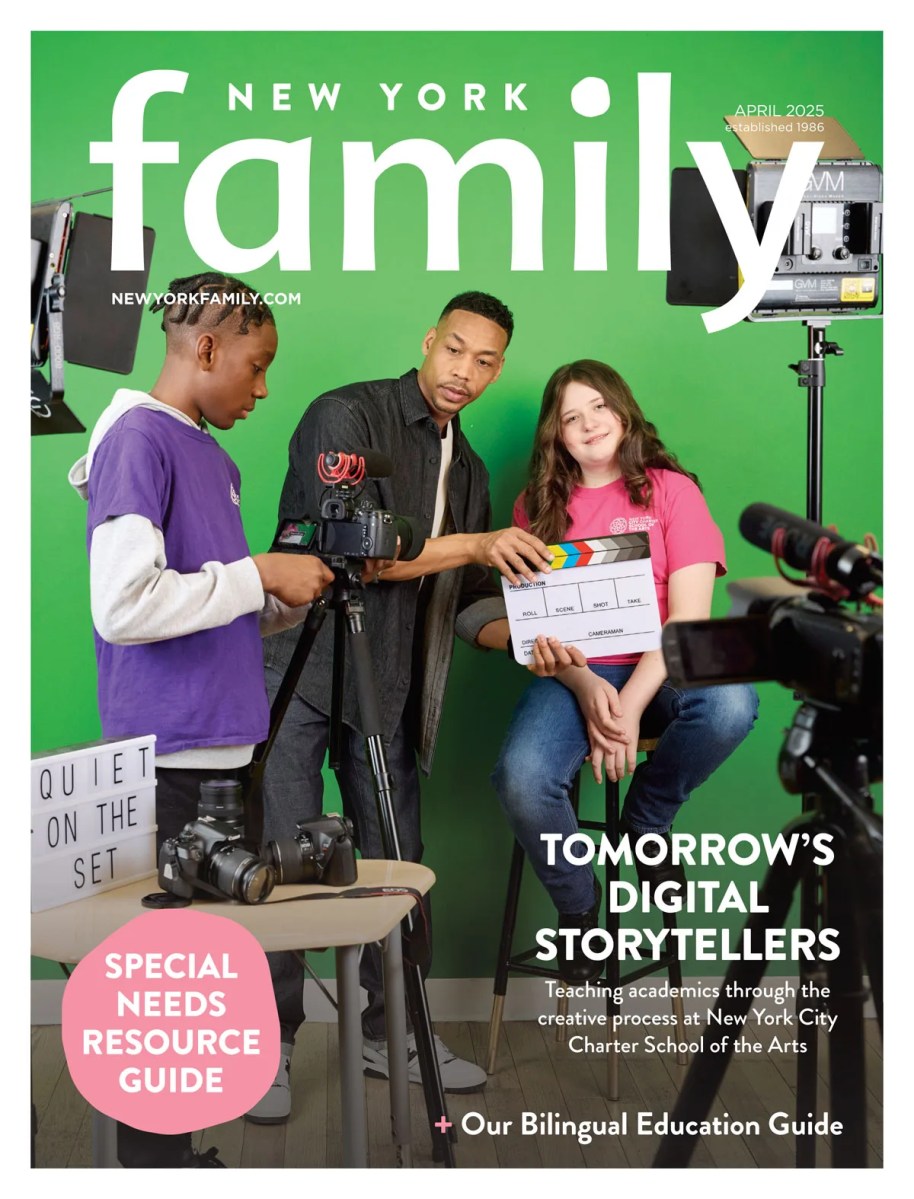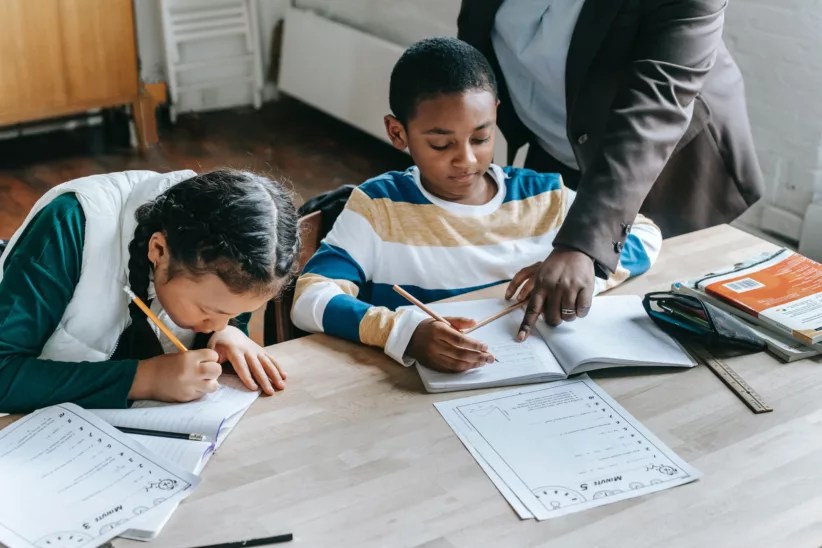
Every year, tens of thousands of kids across New York City—and some in the suburbs of NYC—opt to take a test to qualify for the Gifted and Talented program. The program holds classes (within public schools) that are geared to the test’s highest scorers: kids the Department of Education deems “exceptional” students. The test is administered to kids entering kindergarten through third grade. Will your child be one of those test-takers? Find out what you need to know about the program and the exam—including the best way to prep your little ones for it.
The Basics
The city actually offers two separate district and citywide G&T programs. In the citywide option, children from all of the city’s neighborhoods attend a school with only G&T students. District-level programs, in contrast, prioritize admitting students who live within the district, and these G&T students share the school with non-G&T kids. They also take some classes, such as art and PE, with the non-G&T students.
Both programs rely on test results to determine eligibility. A score of 90 or above qualifies kids to apply to district programs; a score of 97 or above is required for application to the citywide programs. However, test score alone is not enough to guarantee entrance for either program—students are entered into a lottery system for programs since more kids qualify than there are available seats.
That’s what happened to mom-of-two Dahlia Thompson’s oldest child. “Maya ended up scoring a 97 and made citywide,” Thompson says. But since Maya didn’t get a spot in a citywide school, she instead attended a neighborhood district G&T school for kindergarten.
If you live in a school district in New York City or the metro area that doesn’t offer a Gifted and Talented program, you can explore after-school programs that offer this type of enrichment. For example, Village East Gifted in Huntington Station and Roslyn Heights and G-tec Kids in New Rochelle offer hands-on activities and classes designed for advanced students to strengthen their cognitive skills.
Taking the Test
Any child who lives in New York City, and is entering kindergarten through third grade in September, can take the G&T test during the previous January (they just have to register by late fall). This includes students with disabilities (with accommodations potentially available for kids who have IEPs, IESPs, or 504 Plans). The exam is also administered in many languages other than English, including Arabic, Mandarin, Spanish, and Cantonese.
Emily Levitt, vice president of education at Sylvan Learning, explains that the test is divided into two parts. Test-takers get both a raw and percentile score on each part, which are then combined into an overall score used to determine eligibility.
The first part of the exam is nonverbal, Levitt says. Questions are drawn from the Naglieri Nonverbal Ability Test—students are shown pictures and asked to predict which one would come next in a pattern or combine objects to form a new pattern.
The second part of the exam is verbal, with questions from the Otis-Lennon School Ability Test. This multiple-choice portion tests verbal comprehension and reasoning, Levitt says. With applying for kindergarten, the proctor will read the questions aloud once and mark down the child’s responses.
The test is untimed, but according to the NYC Department of Education, students usually complete it within 30 minutes to 1 hour.
Practice and Prepare
The biggest challenge for test takers is age. “Really little kids and tests don’t always go well together, for no other reason than that the kids are so little,” Levitt says. “Trying to prep a four-year-old for a test is going to look different than prepping your high schooler for the SAT.”
One way to prepare your kid for the G&T exam (without causing undue stress) is to practice abstract lessons at home. Make it feel like playtime! Starting a few months before the exam, have kids identify patterns and sequences, Levitt suggests. Use toys to create a pattern of small, medium, large, and then have your child continue the pattern. Or use M&M’s to make color-based patterns.
Another strategy she recommends is to ask questions throughout the day to help get kids in the habit of explaining their thinking and reasoning.
The NYC DOE also publishes a booklet with practice exams, though some warn against taking this too seriously. “We went through the examples in the DOE booklet a few times beforehand and that’s it,” Thompson says.
Levitt also suggests parents avoid being drill sergeants—do a few questions per sitting, she says.
Don’t forget: Your attitude toward the test can be contagious, and stress and anxiety aren’t helpful to your child. Frame any prep you do in terms of getting kids comfortable, so they know what to expect, Levitt says.
And no need to go into detail about test results or their implications. Thompson’s son missed the cut-off score by one point. “Lev vaguely knows he didn’t pass the test, but we didn’t make a big deal out of it,” she says.
Should your kids take the Gifted and Talented test?
There are few reasons not to take the test: A strong test result opens the door to potential inclusion in the program—and your child’s score will not be shared with schools.
That said, the test—and in fact, the G&T program as a whole—is not without controversy. Students in wealthier districts are more likely to take the exam than students in poorer ones. And, while there are many G&T programs in Manhattan and parts of Queens, there are fewer G&T options in historically Black and Latinx districts in the Bronx and Brooklyn, according to a report from the DOE’s School Diversity Advisory Group. “The racial demographics of kindergarten G&T programs are not representative of the racial demographics of kindergarteners as a whole,” the SDAG report notes. Black and Latinx students make up 63 percent of all kindergartners, but only 18 percent of the G&T kindergarteners. Some schools are now considering phasing out their G&T programs because of these types of diversity issues.
Levitt argues that you should only avoid the test if it will be a stressful event for your child. Thompson’s advice: Consider your kid’s personality. “I don’t think there’s harm in taking the exam to expand your options if the kid does well, but gauge the kid. My kids think workbooks and puzzles are fun, so the test didn’t stress them out,” she says. “But it’s not for everyone.”
